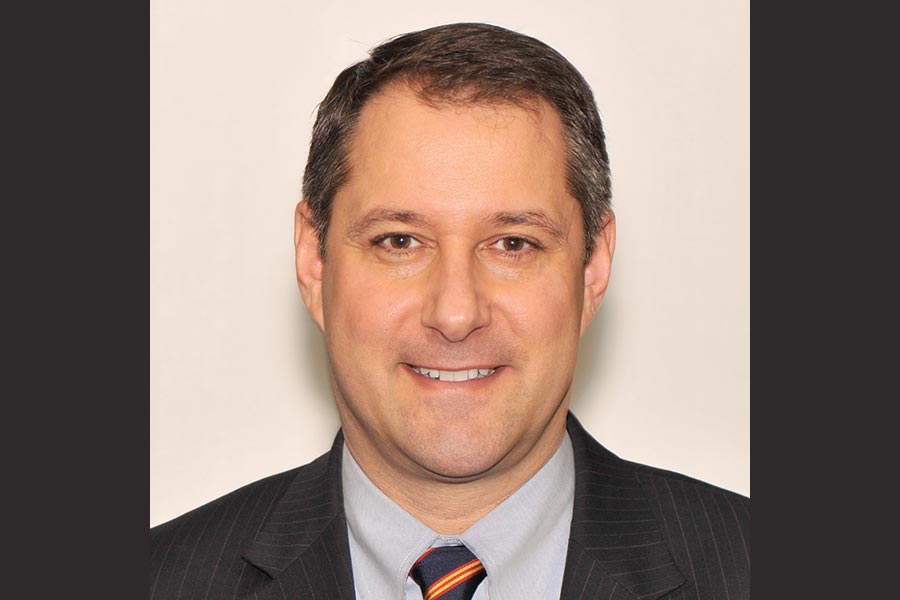Chris Mallios is vying to be Philadelphia’s next out Court of Common Pleas judge.
Earlier this month, he was deemed “highly recommended” by the Philadelphia Bar Association’s Commission on Judicial Selection, the body’s highest endorsement.
“It is very important to have openly gay judges on the bench,” Mallios said. “The justice system needs our unique perspectives and life experiences. It would change the perspectives and attitudes of the other judges and everyone involved.”
Mallios first ran for Common Pleas in 2011 and left the race in 2013 after receiving an unfavorable ballot position.
Mallios, 52, currently serves as the sexual-violence investigative officer at the University of Pennsylvania, where he acts as an independent investigator for reports of sexual violence. He determines if there has been a violation of university policy, collects evidence and suggests sanctions. His office treats these cases like civil proceedings, complainant versus respondents, instead of the problematic and oft-unjust quasi-criminal proceedings where the university is against the student, Mallios said.
Prior to the position at Penn, Mallios travelled across the country for the Washington, D.C.-based organization Aequitas, training law enforcement and criminal-justice professionals on how to properly handle sexual-violence cases.
The Philadelphia native and Penn State grad got his start in the Philadelphia District Attorney’s office after earning his law degree from Temple University in 1987. He began in the appeals and post-convictions unit, then moved into the rape-prosecution unit.
Mallios left his post as an ADA after four-and-a-half years and went on to do criminal defense work, including capital-homicide cases and cases defending the mentally ill.
In 1998 he returned to the DA’s office and says he was the first openly gay ADA there. For the next 10 years, he worked in the Family Violence and Sexual Assault Unit, eventually becoming its chief.
Mallios said he has a broad cross-section of experience that would make him a natural fit for the bench: He has worked at the local and state levels, prosecuted and defended and worked in the education and nonprofit sectors.
“I know how courtrooms work, how it is to be a litigant, attorney and witness. I have been all of those things,” he said. “I have seen the system as a prosecutor and a defense attorney, as someone who has worked for a trial court judge, intermediate appellate court judge and a Supreme Court justice. I have been all over the system.”
For Mallios, the judge’s bench is not just the next step in the natural progression of his career, it is a calling.
“I think being a judge is an amazing and important job,” Mallios said. “I have spent most of my career in courtrooms or teaching and training people who are in courtrooms. Public service and working in criminal justice is my calling.
“The person who is presiding over a case has so much impact over the outcome and how their lives turn out. Bringing justice into people’s lives is so important.”
For more information on Mallios, visit www.mallios2015.com.

